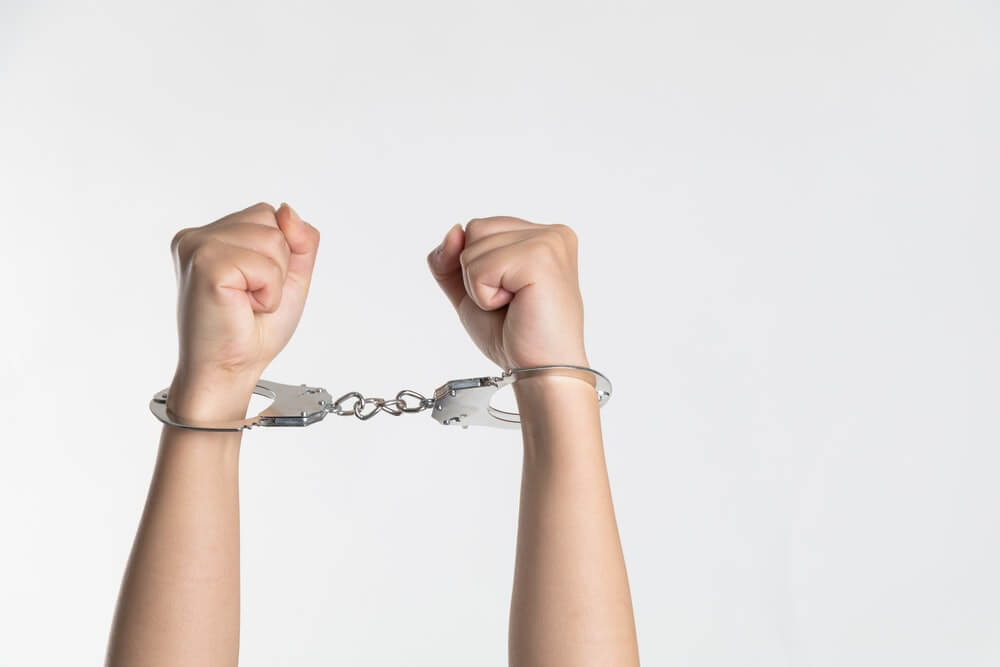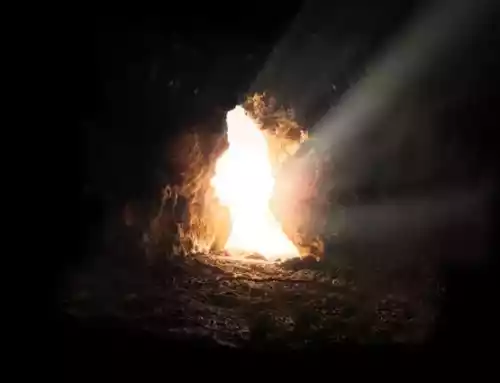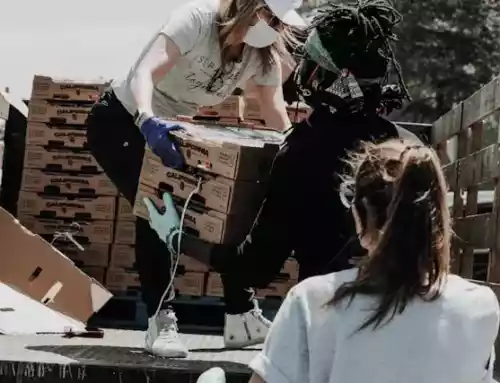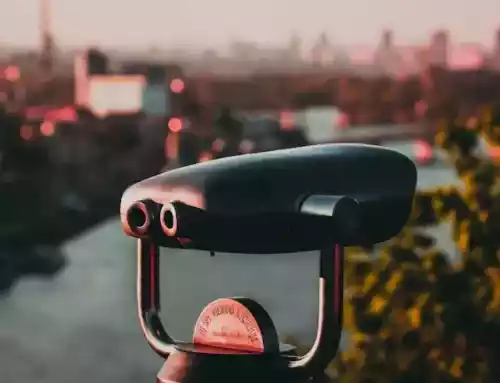A victim could be described as someone with limited choices. When we are attacked, abused, or neglected, there are certain choices that are taken from us. The world, rightly, sees this as injustice. And there is much to be done to improve it.
The reality is we all have limited choices. Gravity limits our options for how to get across town – we cannot fly. Our limited capacity for empathy or to see all sides might keep an option hidden from view. And we cannot choose what we can’t perceive. So our understanding, as well as being a helpful factor, also has its limitations.
One of the great struggles of any human life is discerning what limitations can be lived with and which need to be fought at all cost. Figuring that out is a whole can of worms and not really what this blog is trying to address.
What we are after here is this: How do you maximize your potential? How do you identify what is holding you back and work to overcome it?

External Factors
To be sure, we are affected by the things around us. People, circumstances, and gravity, just to name a few. In one sense, these things “hold us back”. They limit our choices. They make us victims.
If we are not careful, we can cede our entire identity to this aspect of reality. We can look for the external limiting factors and demand they change. There is, certainly, a time and place for this. But it is not the key to effective living.
When we start to believe the external factors are so powerful that they define who we are, we have given them too much control.
On the other hand, if we try to pretend nothing affects us, we are denying this part of reality. Have you ever heard someone say, “I don’t really care what people think”? Of course they care. We all do. What people really mean is that the opinion of other people is not strong enough to change their course of action. But it is always a factor.
We need to acknowledge that external factors do limit us. We are all, to one degree or another, victims. Some to a frightening degree. But none, absolutely none of us, are completely victims. There is another element at play
Internal Factors
Have you ever heard someone say (or said yourself), “I had no choice?” What we mean when we use this phrase is that the external factors were so powerful they dictated a response. Any other response was impossible.
When we use this to describe something we said or did, this phrase is never, strictly speaking, true. In his fabulous book, Man’s Search for Meaning, Viktor Frankl writes about his time as a prisoner in a concentration camp. Talk about limited choices! Talk about being a victim!
In one of the most horrendous and freedom-limiting episodes of human history, Frankl says this: “Everything can be taken from a man but one thing: the last of the human freedoms—to choose one’s attitude in any given set of circumstances, to choose one’s own way.”
The reality is we always have a choice. All of our choices have consequences. External factors can threaten with dire consequences, including torture and death. But they cannot make the choice for you. Your choice can lead to an extreme consequence, but it is still your choice.
We like extremes. It makes it easier for us to function and to process what it is to be human. But life is complicated. The freedom to choose is, in one way, always present. In another way, there is a spectrum of consequences that limit what we can decide.
All of this to say that the main thing holding most of us back is not the external circumstances but the internal ones. We can steward our choices. We cannot control our circumstances. And we have a very difficult time understanding the difference between the two.
When it comes to human thriving, the real sweet spot is this: to recognize and acknowledge the limiting external factors. But to focus on the internal factors holding us back. Where can I choose differently? What can I decide? How do I steward my opportunities to choose, limited though they may be?
If we can get to a point where we can see the external limiting factors for what they are and still have the courage to steward our choices, we unlock the real power of our humanity. To be agents of change–have an impact on the people and situations around us. To be a creative force of healing and restoration. And, perhaps most importantly, to become the best version of ourselves.
What is holding you back? Some external things. Even some that need to be addressed. But there are also internal factors – perception chief among them. While you are not in complete control of the former, you are of the latter.




